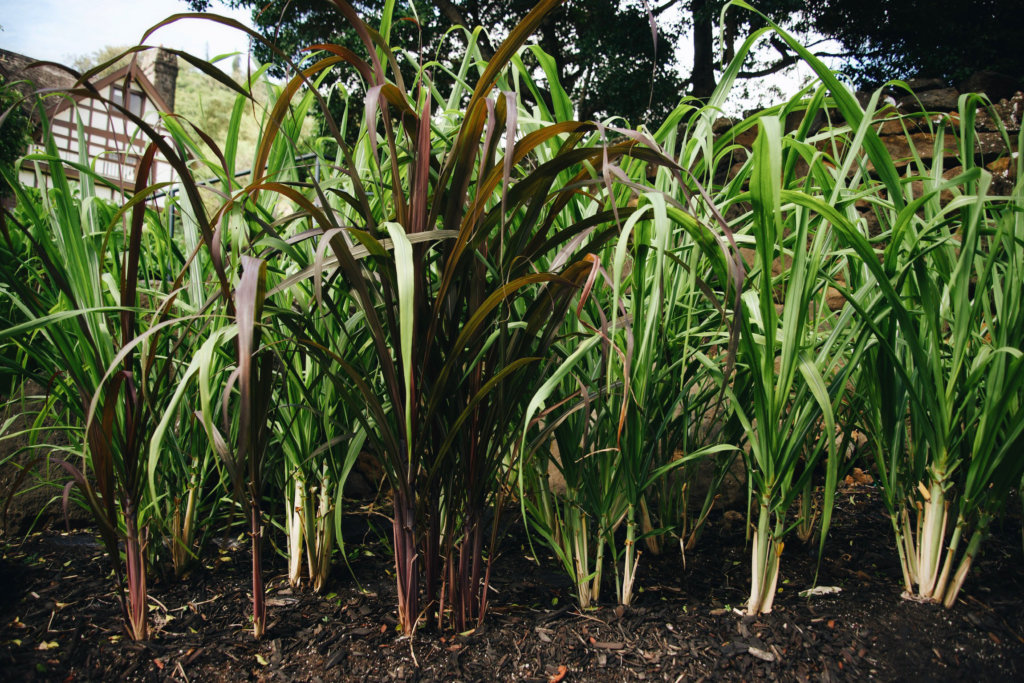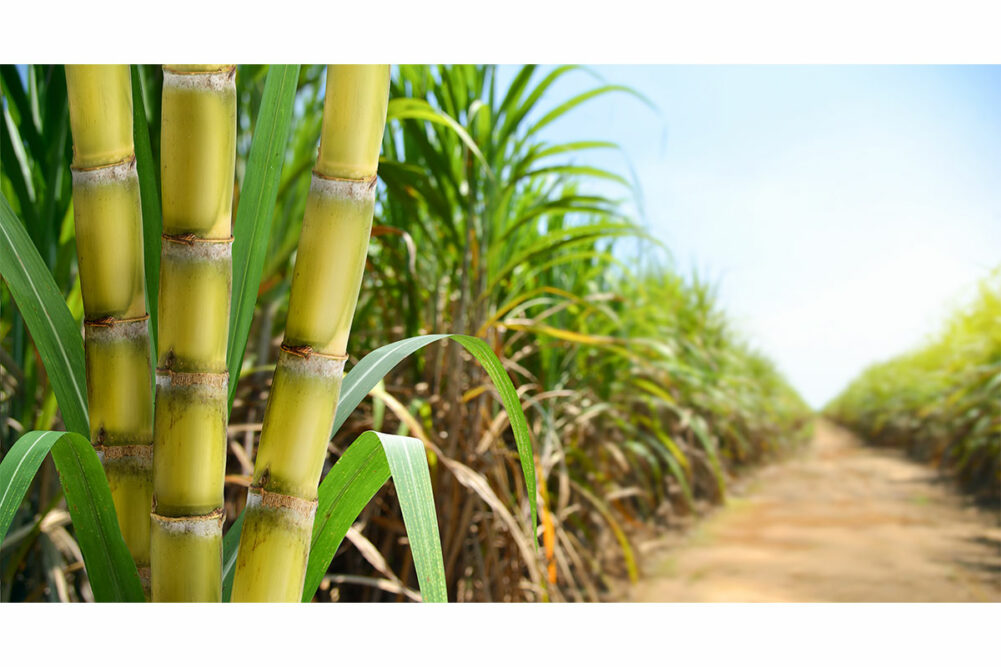The Difference Between Sugar and Cane: Understanding the Basics
The Difference Between Sugar and Cane: Understanding the Basics
Blog Article
Why Cane Sugar Processing Chemicals Are Vital for Modern Sugar Refining
The function of cane sugar handling chemicals in contemporary sugar refining can not be overemphasized, as they are integral to boosting both the effectiveness of extraction and the overall quality of the final item. Representatives such as phosphoric acid and details flocculants are used to get rid of pollutants, resulting in sugar that not just satisfies consumer expectations yet additionally sticks to market requirements.
Role of Processing Chemicals
The efficiency of walking cane sugar handling hinges substantially on the calculated application of processing chemicals. These chemicals play a pivotal duty in boosting the effectiveness and high quality of sugar extraction and refining. From the first stages of juice extraction to the last filtration steps, processing chemicals facilitate numerous essential procedures.
In the extraction stage, chemicals such as phosphoric acid and calcium hydroxide are employed to maximize the explanation process, helping to get rid of pollutants and suspended solids from the walking cane juice. This not only improves the return however also ensures the quality of the last product. Additionally, representatives like flocculants aid in the quick settling of pollutants, thereby enhancing the overall procedure.
As the processing advancements, chemicals are utilized in decolorization and formation stages. Turned on carbon and ion exchange resins offer to get rid of shade and odor, ensuring that the polished sugar meets customer quality criteria. Eventually, the role of handling chemicals extends past functional efficiency; they significantly influence the sensory features of the end product, adding to market competition. Therefore, the precise selection and application of these chemicals are crucial for achieving optimum outcomes in walking stick sugar handling.
Trick Kinds Of Chemicals
Cane sugar processing counts on a range of vital chemicals that facilitate each stage of production. These chemicals play necessary duties in making clear, bleaching, and purifying the sugar extracted from cane.
One primary classification of chemicals includes flocculants, such as polyacrylamide, which aid in the clarification process by promoting the aggregation and settling of impurities. Additionally, calcium hydroxide is typically utilized to reduce the effects of level of acidity and help in the elimination of non-sugar elements.
Whitening representatives, such as turned on carbon and sulfur dioxide, are made use of to decolorize the syrup, causing a more clear end product. These chemicals help eliminate shade substances that might influence the sugar's look and bankability.
Moreover, phosphoric acid acts as a pH regulator during the processing phases, guaranteeing ideal conditions for the enzymatic activities associated with sugar extraction and purification.
Other important agents include edta (ethylenediaminetetraacetic acid), which chelates steel ions that can militarize unwanted reactions, and sodium hydroxide, which helps in pH control throughout the refining procedure. Collectively, these chemicals boost performance and make certain a top quality walking cane sugar product.
Advantages for Sugar High Quality
Frequently forgotten, the use of specific handling chemicals significantly improves the total high quality of walking cane sugar. These chemicals play a critical duty in refining procedures, ensuring that the last item meets rigorous industry requirements for pureness and taste.

In addition, try these out processing chemicals aid in attaining a constant granulation and appearance, which are essential for consumer approval. By controlling the crystallization process, these chemicals make sure that the sugar crystals create consistently, bring about a more attractive product that liquifies well in numerous applications.
In addition, making use of these chemicals can improve the service life of walking stick sugar by lessening wetness absorption and microbial development. In general, the calculated application of processing chemicals is important for delivering high-quality cane sugar that meets customer expectations and sector demands.
Ecological Effect Considerations

In addition, the energy-intensive nature of sugar refining, worsened by chemical use, frequently leads to boosted carbon exhausts. This adds to environment adjustment and elevates problems regarding the sustainability of current refining practices. Additionally, the sourcing of these chemicals may involve methods that endanger biodiversity, such as monoculture farming, which lowers the strength of farming ecological communities.

To mitigate these impacts, sugar refiners are increasingly checking out sustainable alternatives and adopting finest techniques that decrease chemical usage. Executing extensive ecological monitoring systems can aid make certain that the refining process straightens with ecological requirements and advertises biodiversity. Eventually, a well balanced method that prioritizes both sugar top quality and environmental stewardship is necessary for the long-term stability of the sugar market.
Future Trends in Refining
As the sugar sector comes to grips with the environmental difficulties connected with typical refining techniques, innovative techniques are emerging to improve both efficiency and sustainability. One substantial trend is the fostering of green chemistry concepts, which prioritize using safe, eco-friendly processing chemicals. This shift not just reduces ecological influence however likewise addresses customer demand for cleaner production approaches.
One more encouraging development is the application of innovative filtration modern technologies, such as membrane separation and adsorption procedures. These strategies improve the clearness and top quality of the sugar while reducing the volume of wastewater produced throughout refining. Additionally, the combination of electronic modern technologies, including IoT and AI, is transforming operational performance by enabling link real-time monitoring and predictive upkeep, hence decreasing source waste.
Furthermore, the usage of byproducts from sugar refining, such as bagasse and molasses, is gaining traction. These materials can be exchanged biofuels or value-added products, adding to a round economic situation within the industry. Collectively, these trends signal a shift towards more sustainable practices that not only enhance operational performance yet additionally line up with international sustainability objectives, ensuring the future viability of sugar refining.
Conclusion
Walking cane sugar handling chemicals are essential in modern sugar refining, significantly enhancing the efficiency and quality of sugar removal. The critical use these chemicals not just enhances the purity and flavor of the final product yet additionally makes certain regular formation and structure. As the industry increasingly prioritizes sustainability, the fostering of environmentally-friendly handling agents is likely to form future fads in refining, eventually resulting in better items and prolonged life span for consumers.

Ultimately, a well balanced approach that focuses on both sugar top quality and environmental stewardship is necessary for the long-term practicality of the sugar sector.
Cane sugar processing chemicals are necessary in modern sugar refining, substantially boosting the efficiency and top quality of sugar removal.
Report this page